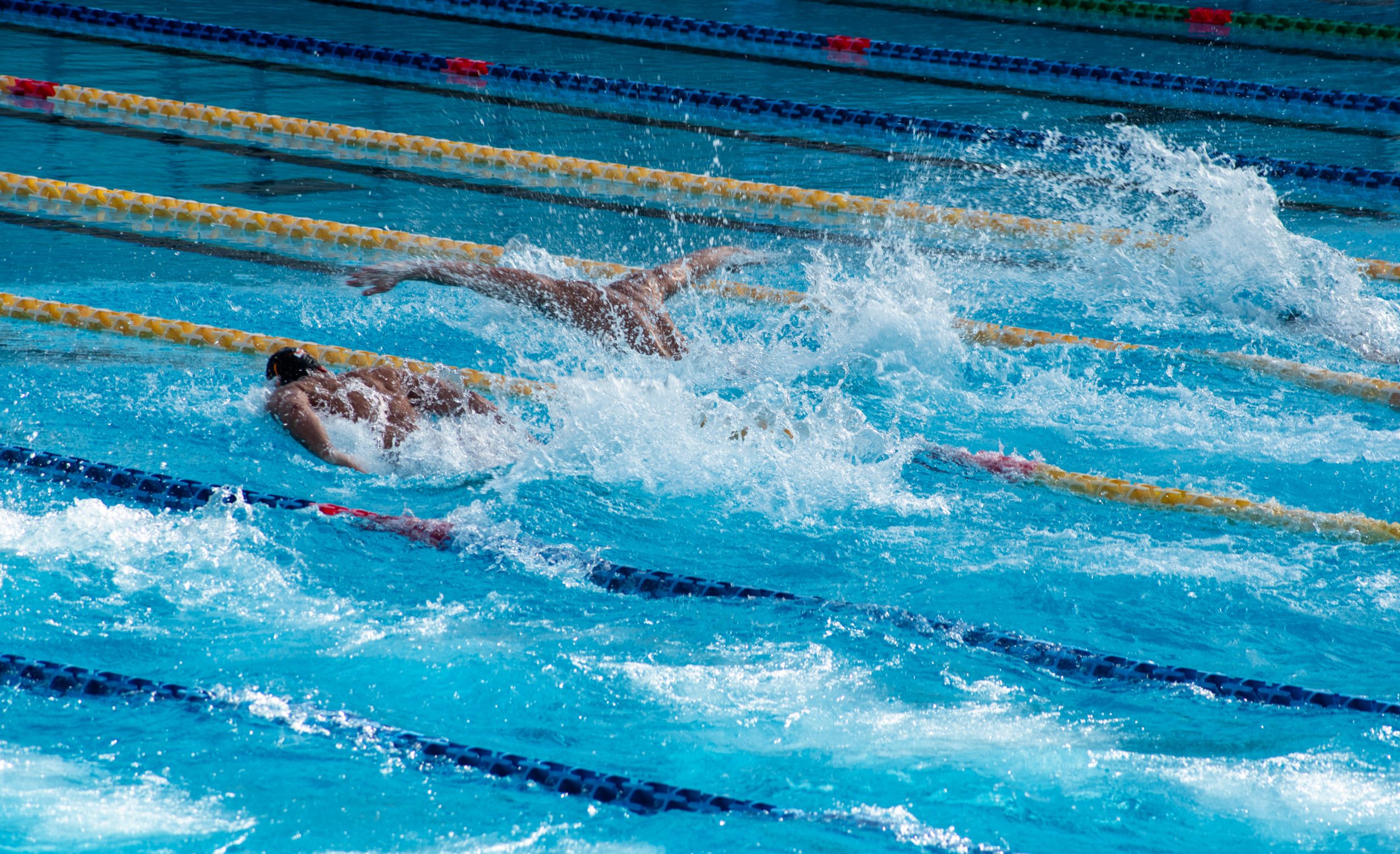The Lions swim team is struggling — in part due to a cocktail mix of its revolving door of coaches, their tumultuous relationships with the management, as well as the management themselves, and a bit of the sport’s lack of interest within the student body.
The swim team at York is not considered a ‘varsity’ sport. Rather, it is labeled as a ‘sports club’ — and this makes all the difference in the world, at least at the university level.
A former swimmer, who wishes to remain anonymous, expresses their frustration with the discrimination against sports clubs.
“Varsity sports, and by extension varsity student-athletes, have access to athletic trainers, nutritionists, assistant coaches — you get the drift. However, more importantly, varsity student-athletes do not have to worry about the menial admin-related tasks, nor do they have to pay for those Adidas sponsored backpacks.”
They recall a time when they sustained an injury during a swim meet and did not have medical assistance as part of their team because they could not afford them and York didn’t assist them.
Remembering that particular moment, they deem it unacceptable that a university with renowned robust programs, like kinesiology and athletic therapy, could not equip a team representing them in the OUAs with appropriate personnel.
“And then after all this, being asked to be proud of representing York and act like it is the best school out there, when they do not give a damn about us — that was a bitter pill to swallow.”
Now if you are thinking, if it all just comes down to being varsity, then why doesn’t the swim club request to become varsity?
Former Vice President of the York Lions Swim club Kevin Lee explains the reasoning behind it.
“I was told by the management that the swim team does not achieve the same standards that other teams do, such as football,” Lee states.
Lee goes on to talk about how hard it is to lead a sports club competing in the OUAs.
“We did not receive enough support in terms of administrative and financial duties, so we had to do everything by ourselves. There is this pressure on you to make sure that everything is done well, but it comes to a point where you have to draw the line. At the end of the day, I was a student who also worked a part-time job.”
A former executive on the swim team, who wishes to remain anonymous, describes the experience as an ‘unpaid full-time job’.
For these athletes, they express that it was not just the lack of support that hindered the club, but also the constant uphill battle against the management to receive funding and book pool times.
Jenna Chiddenton, former president of the swim team, talks about how difficult it was to negotiate with the management for access to the pool.
“There were countless conversations with the management where they would tell us that they are renting out the pool to others, even though we had a contract and had essentially paid for it.”
Chiddenton talks about how the management at Tait wants to use the pool for swimming lessons, which will undoubtedly bring in more money than being rented out to a sports club.
“They are prioritizing what will earn them more money over what the student body wants.”
Chiddenton cites a toxic cyclical system, where due to lack of funding, the club has to increase the fees for competitive swimmers, which then turns away potential talent because of inaccessibility.
The anonymous swimmer believes there is talent here. “Joshua Liendo from NYAC (North York Aquatic Club) went to the Olympics. I just wish there was a way they could be represented properly here.”
Chiddenton draws parallels to the way other universities support their respective swim teams. “Going to other schools and seeing their club and varsity community is so nice. And then you come back here and students, especially the executives, are struggling to keep these clubs afloat.”
However, York is not the only university where swimming is considered a ‘club’, with the Brock Badgers and the Carleton Ravens being two other institutions that do so as well — and it is typically these three teams that finish at the bottom of the rankings of the OUA swim meets.
As a message to the university and the community at large, Chiddenton wants there to be an increased discussion on the needs of the clubs such as the swim team who go on to represent the university on a larger scale.


